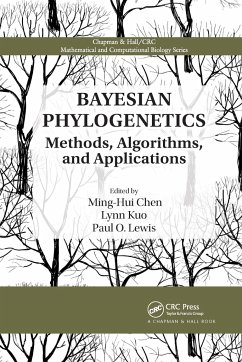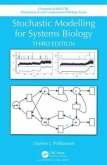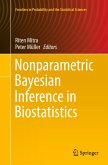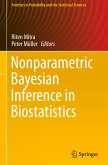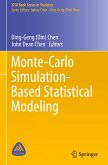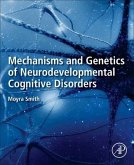Offering a rich diversity of models, Bayesian phylogenetics allows evolutionary biologists, systematists, ecologists, and epidemiologists to obtain answers to very detailed phylogenetic questions. Suitable for graduate-level researchers in statistics and biology, Bayesian Phylogenetics: Methods, Algorithms, and Applications presents a snapshot of current trends in Bayesian phylogenetic research.
Encouraging interdisciplinary research, this book introduces state-of-the-art phylogenetics to the Bayesian statistical community and, likewise, presents state-of-the-art Bayesian statistics to the phylogenetics community. The book emphasizes model selection, reflecting recent interest in accurately estimating marginal likelihoods. It also discusses new approaches to improve mixing in Bayesian phylogenetic analyses in which the tree topology varies. In addition, the book covers divergence time estimation, biologically realistic models, and the burgeoning interface between phylogenetics and population genetics.
Encouraging interdisciplinary research, this book introduces state-of-the-art phylogenetics to the Bayesian statistical community and, likewise, presents state-of-the-art Bayesian statistics to the phylogenetics community. The book emphasizes model selection, reflecting recent interest in accurately estimating marginal likelihoods. It also discusses new approaches to improve mixing in Bayesian phylogenetic analyses in which the tree topology varies. In addition, the book covers divergence time estimation, biologically realistic models, and the burgeoning interface between phylogenetics and population genetics.
"... a great resource to get up to speed with the current state and future directions of many areas of research in Bayesian phylogenetics. I expect Bayesian Phylogenetics will be an important resource as Bayesian approaches to phylogenetics continue to advance and diversify. It introduces many novel methods and proofs that will be of broad interest to statisticians, and includes thorough reviews of several exciting areas of statistical phylogenetics. As a result, many of the book's chapters will be important (and likely highly cited) references."
-Systematic Biology, August 2015
"... the first book devoted solely to Bayesian methods in this field ... . The affiliations of the editors of the volume reflect the strong interdisciplinary flavor of the book ... . The diversity of contributing authors further reinforces this focus, with authors spanning the range from statisticians to phylogeneticists. ... the volume does achieve the editors' primary goal of bringing state-of-the-art developments at the intersection of Bayesian methodology and phylogenetic inference to the forefront in a manner in which they can be appreciated by researchers in both fields."
-Journal of the American Statistical Association, June 2015
"Bayesian Phylogenetics has the distinction of being the first published text devoted solely to the Bayesian approach to phylogenetics. ... a useful resource for many researchers in the field and for statisticians interested in joining the game."
-International Statistical Review, 2015
"This book provides an extensive and concrete account of modern Bayesian phylogenetics ... a good starting point for entering each subarea of Bayesian phylogenetics. ... this book can serve as a road map for both starters and those who are already in this field. ... The book is concise, and the examples accompanying each topic are clear and supported by relevant illustrations. ... useful to researchers and graduate students."
-Biometrics, March 2015
-Systematic Biology, August 2015
"... the first book devoted solely to Bayesian methods in this field ... . The affiliations of the editors of the volume reflect the strong interdisciplinary flavor of the book ... . The diversity of contributing authors further reinforces this focus, with authors spanning the range from statisticians to phylogeneticists. ... the volume does achieve the editors' primary goal of bringing state-of-the-art developments at the intersection of Bayesian methodology and phylogenetic inference to the forefront in a manner in which they can be appreciated by researchers in both fields."
-Journal of the American Statistical Association, June 2015
"Bayesian Phylogenetics has the distinction of being the first published text devoted solely to the Bayesian approach to phylogenetics. ... a useful resource for many researchers in the field and for statisticians interested in joining the game."
-International Statistical Review, 2015
"This book provides an extensive and concrete account of modern Bayesian phylogenetics ... a good starting point for entering each subarea of Bayesian phylogenetics. ... this book can serve as a road map for both starters and those who are already in this field. ... The book is concise, and the examples accompanying each topic are clear and supported by relevant illustrations. ... useful to researchers and graduate students."
-Biometrics, March 2015

